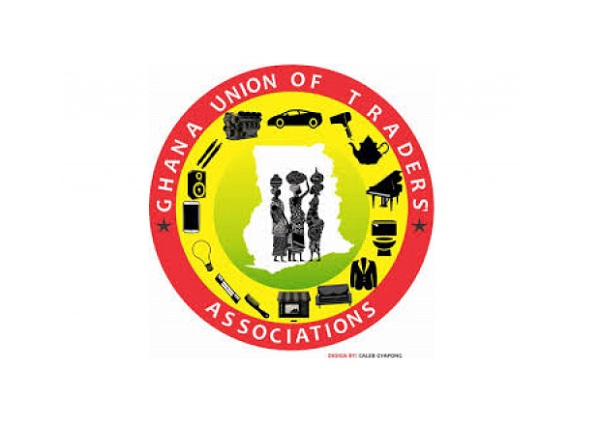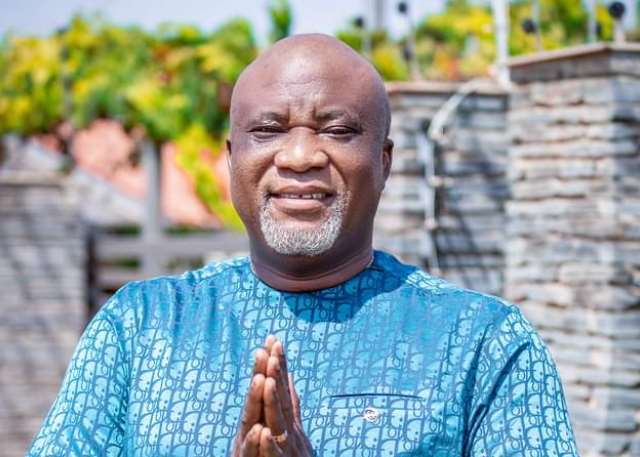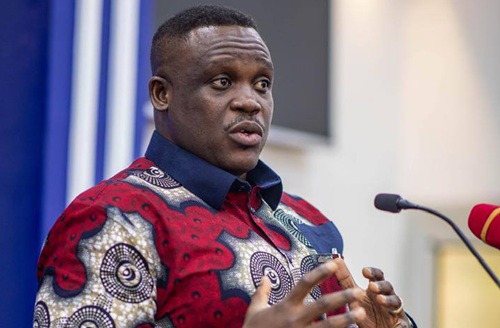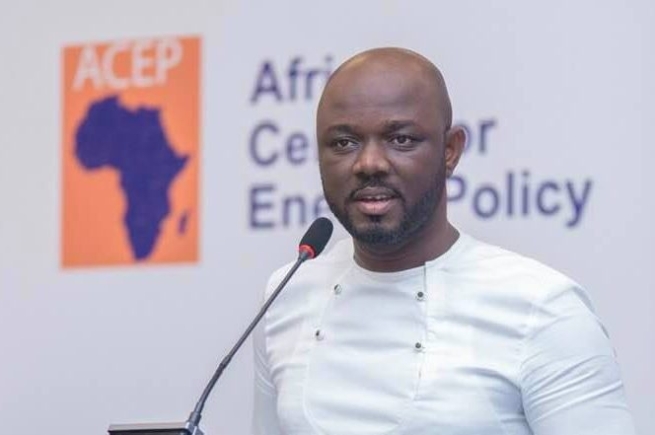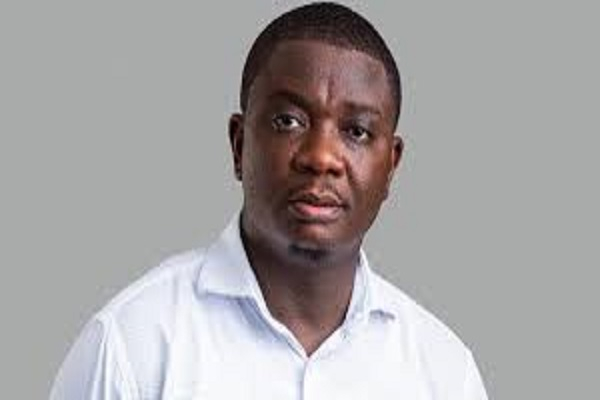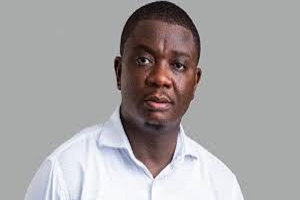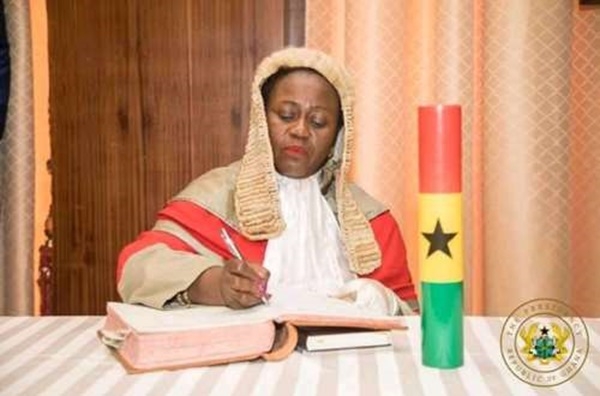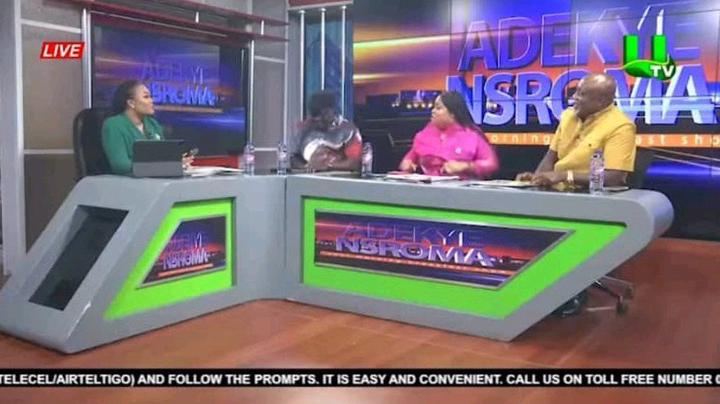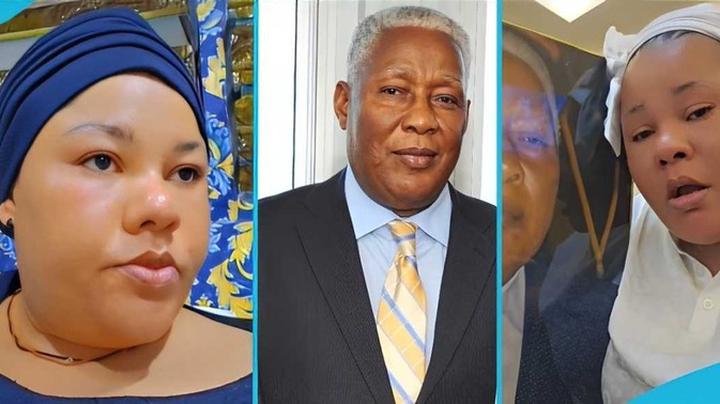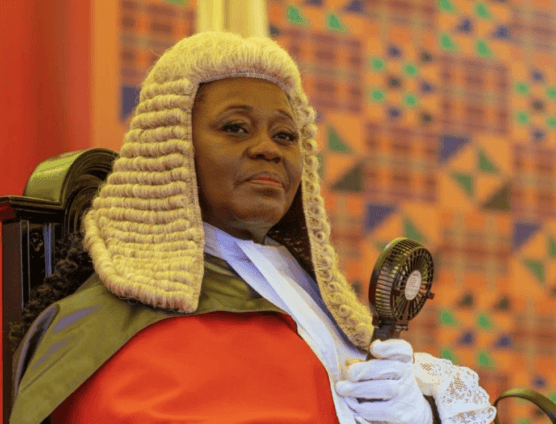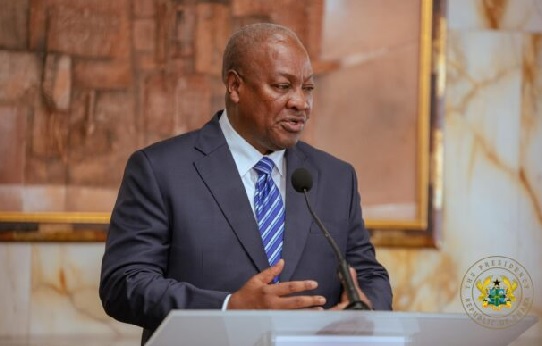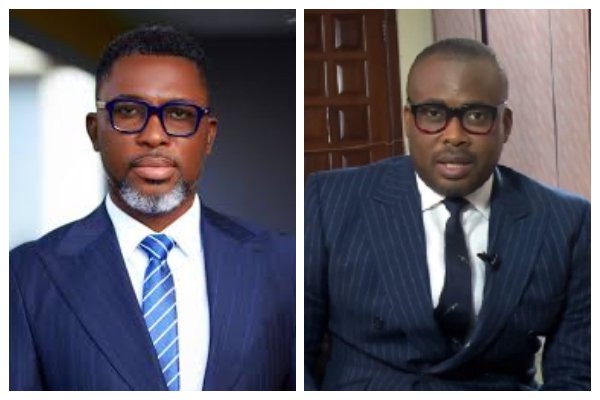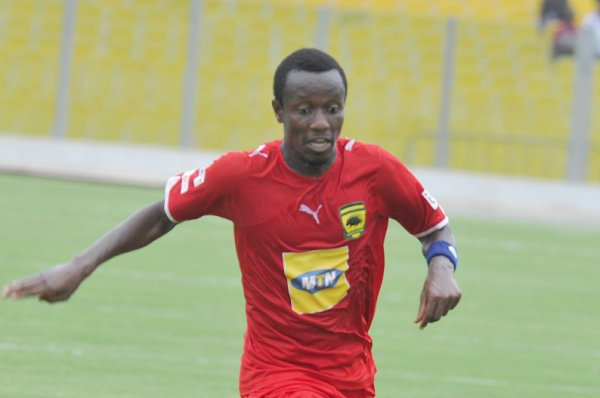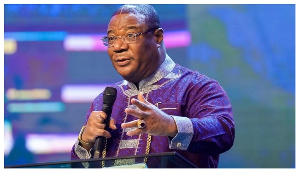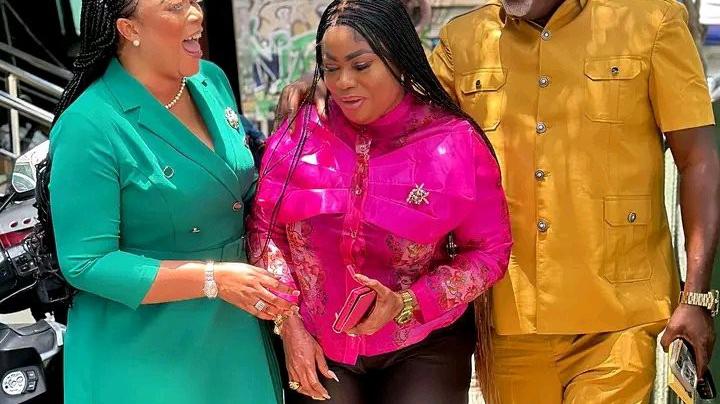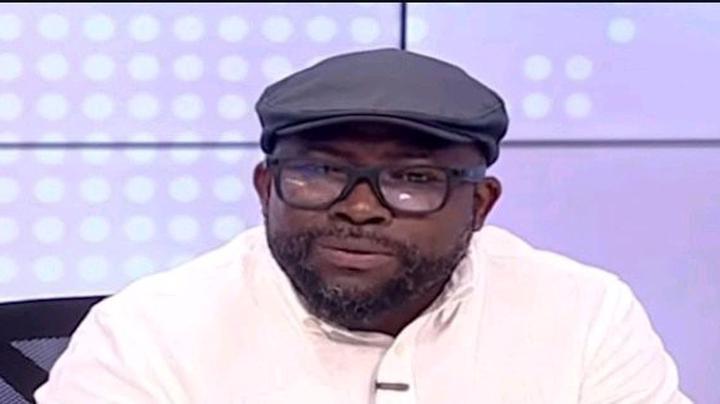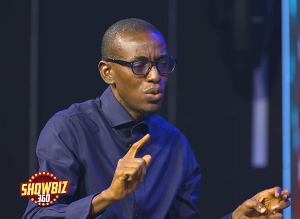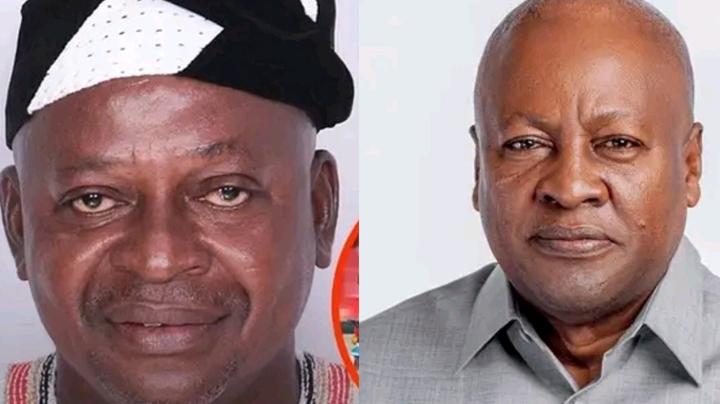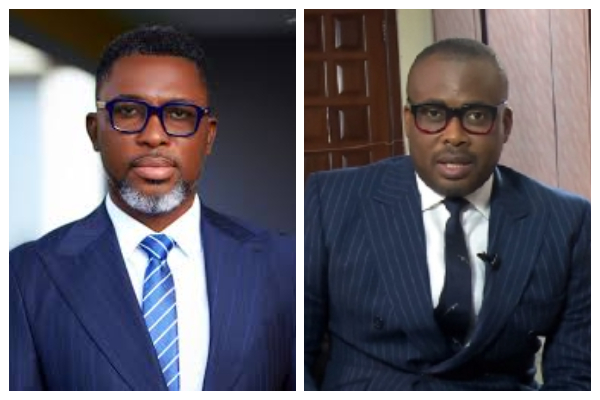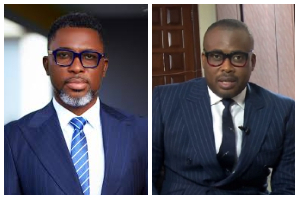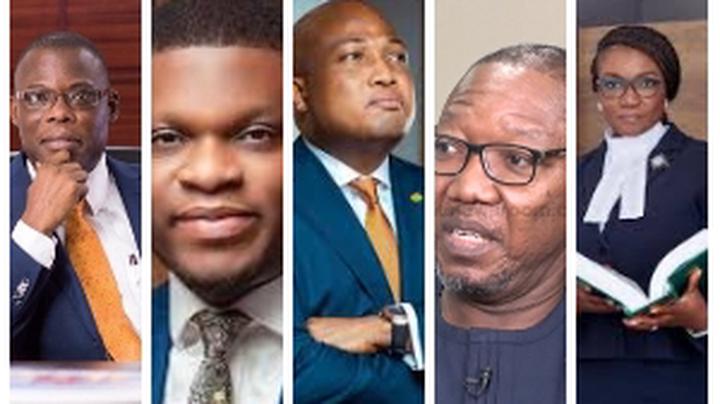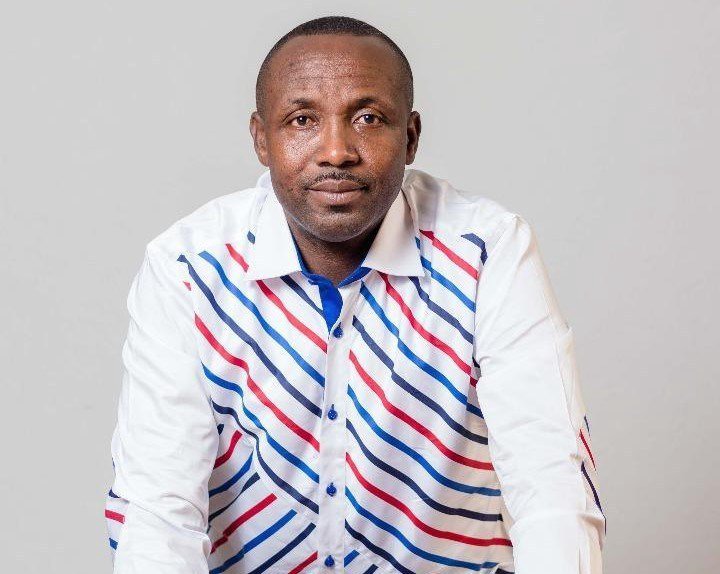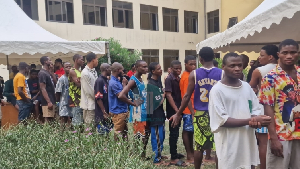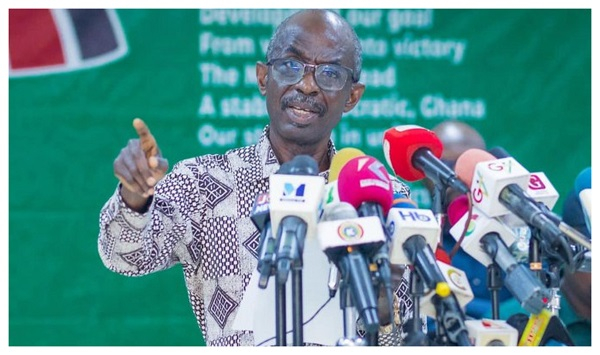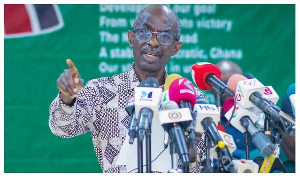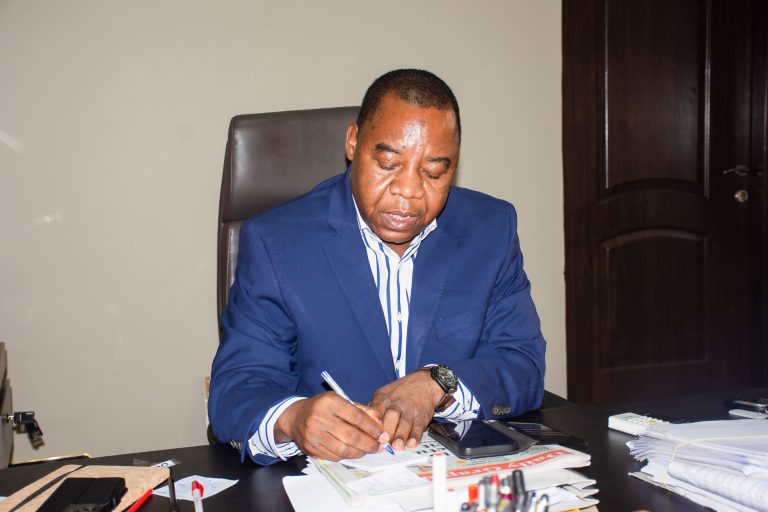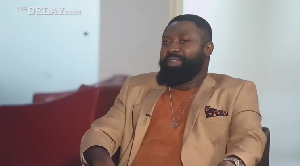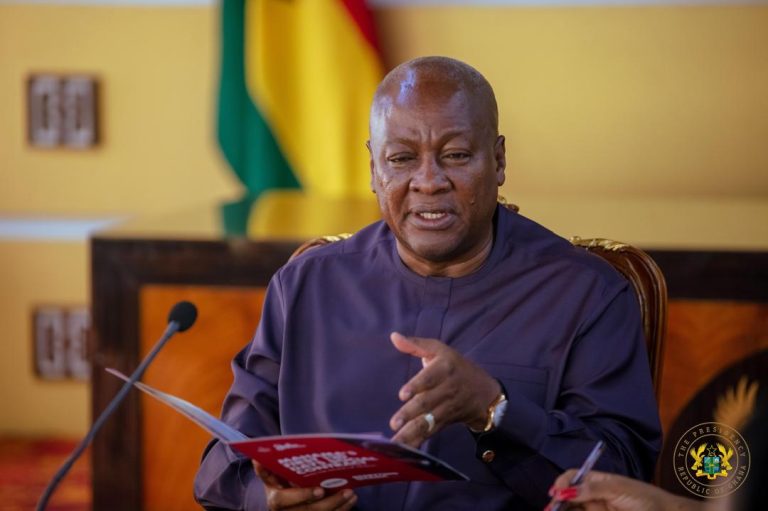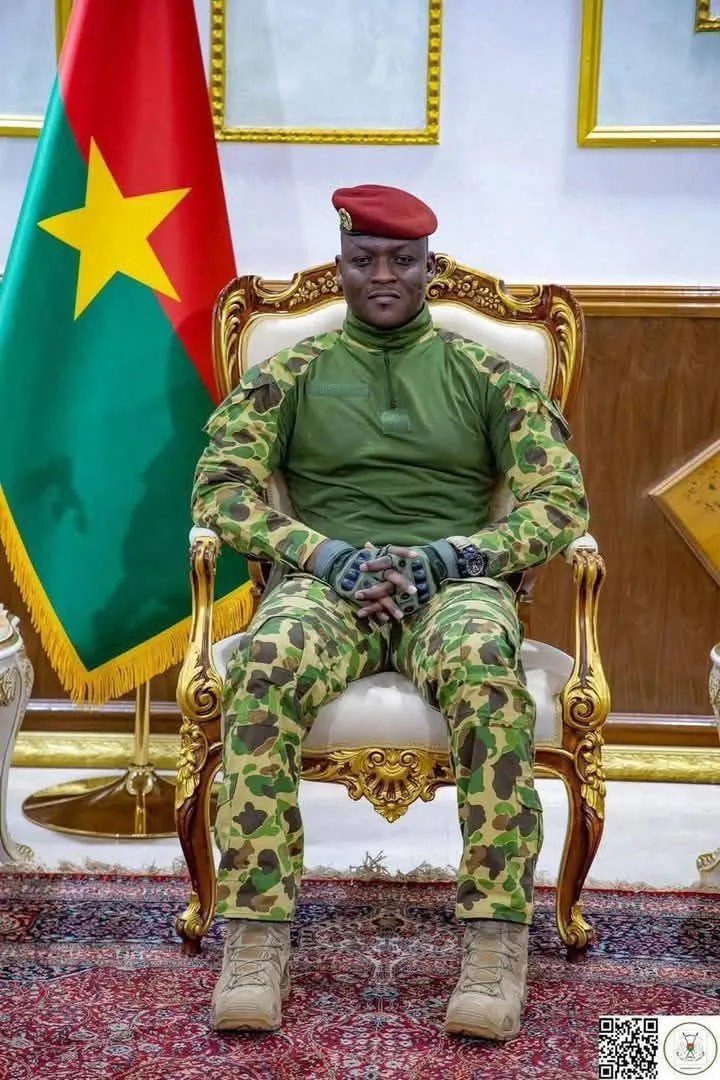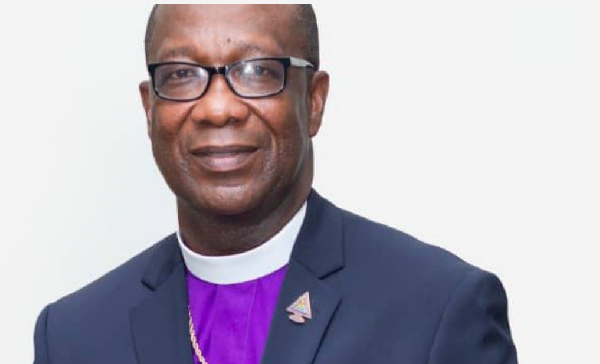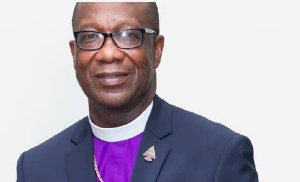Experts say the coming months may decide if Mahama 2.0 becomes a legacy-defining presidency or a cautionary tale of a second chance lost.
As President John Mahama marks his first 100 days back at the helm of Ghana’s democracy, his administration is being scrutinised not just for the promises made, but for the complex balancing act between reform, symbolism and systemic change.
From tax rollbacks to anti-corruption raids, Mahama has generated both optimism and scepticism in equal measure – reflecting a country eager for tangible change, but wary of political theatre.
“The first few weeks of the new administration have been marked by a number of notable departures from the recent past,” says Bright Simons, vice president of policy think tank IMANI Africa.
“In short, the Mahama administration is doing rather well with symbolism, responsiveness and managing the perception that the government cares about the sentiments of the citizens. In a democracy, one cannot neglect this aspect of politics.”
Among Mahama’s headline moves was the scrapping of the unpopular e-levy, emission tax, and betting tax, which had been widely criticised as burdensome on ordinary Ghanaians. In their place, the administration introduced the Ghana Gold Board (GoldBod), aiming to tap into the country’s resource wealth to support public finances.
Tax policy gamble
But are these fiscal moves sustainable? Theo Acheampong, a political risk analyst based in the United Kingdom, believes so.
“I don’t think it will lead to a revenue shortfall… the government is offsetting [tax cuts] by also making commensurate cuts on the expenditure side, including reducing the amount that we give out for a tax refund,” he tells The Africa Report, noting that high global gold prices and cautious budgeting should prevent fiscal slippage.
He also described the GoldBod initiative as “one of the big and sustainable long-term policy moves” designed to capture illicit gold flows into the formal economy and boost national reserves. But even supporters like Acheampong caution that execution will be key.
Simons offers a more tempered view, saying: “The decision to load up the new entity [GoldBod] with conflicting roles… is untidy and must be reviewed.” He warns that without proper regulatory oversight, such initiatives risk falling into the same traps that plagued previous administrations.
Anti-corruption rhetoric vs results
Mahama’s renewed anti-corruption stance has been one of his administration’s most visible themes, including the creation of the Operation Recover All Loot (ORAL) task force. Raids on the homes of former officials and investigations into alleged financial improprieties have drawn headlines.
But critics argue these measures remain largely performative.
No single person has been charged… so the question is, why?
“There’s nothing that he has done or said, so far, that would lead you to believe that he would do something [big],” says Joshua Zaato, a political science lecturer at the University of Ghana.
“We’ve never seen any government lose so much of their goodwill in their first three months under this Fourth Republic.”
Zaato pointed to the early release of officials previously under trial, calling it a signal of “unwillingness to confront entrenched impunity”.
He also questioned the lack of tangible outcomes from the ORAL task force, telling The Africa Report: “No single person has been charged… so the question is, why?”
Yet others see promise. “Mahama is taking a more aggressive and high-profile approach to tackling corruption than during his previous administration,” says Jervin Naidoo of Oxford Economics Africa. “But the success of this strategy will depend on consistency, transparency, and the ability to apply the same standards across the board.”
National security challenges
On national security, Mahama moved swiftly to appoint new leadership across the intelligence and armed services. But Ghana continues to face challenges, especially in Bawku, where a protracted conflict in the northern part of the country continues to fester.
Victor Doke of the Kofi Annan Peacekeeping Training Centre said the new security chiefs are “still finding their feet”, but called for “a special focus on Bawku” to address the proliferation of small arms and insurgency spillovers from neighbouring Burkina Faso.
On the foreign front, Mahama’s appointment of a Sahel special envoy, military veteran Larry Gbevlo-Lartey, was billed as a strategic re-engagement with West Africa’s troubled north. But the envoy has remained publicly quiet, raising concerns.
“There needs to be a roadmap… and [a] strong technical team behind him,” Doke says. “Any threats from our neighbours must be handled diplomatically, not like the past government did.”
Public mood: Hopeful but watchful
So far, Mahama has fulfilled seven of his 26 pledges for the first 120 days – including streamlining ministerial appointments, reopening investigations into past violence, and laying groundwork for a 24-hour economy.
“The pace and tone of governance has been confident, active, and largely well-received,” political analyst Naidoo tells The Africa Report. “Government communications have been clear and frequent, signalling a shift toward greater transparency.”
However, analysts warn that early goodwill may quickly erode if pressing economic and security issues are not addressed.
“The cost-of-living crisis… judicial independence… galamsey [illegal mining]… these are real, everyday pressures,” says Naidoo. “People are hopeful, but patience can wear thin.”
Source: The Africa Report
 Ghanaian pop star, Amaarae
Ghanaian pop star, Amaarae
